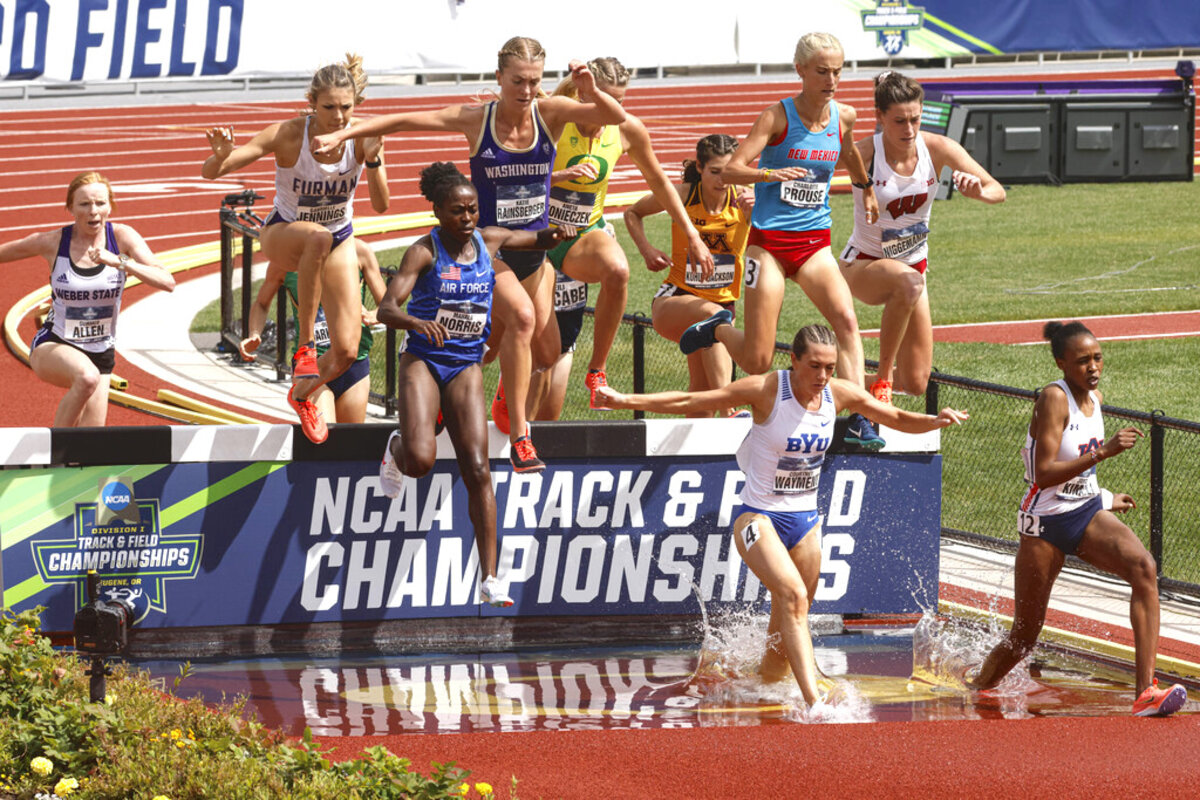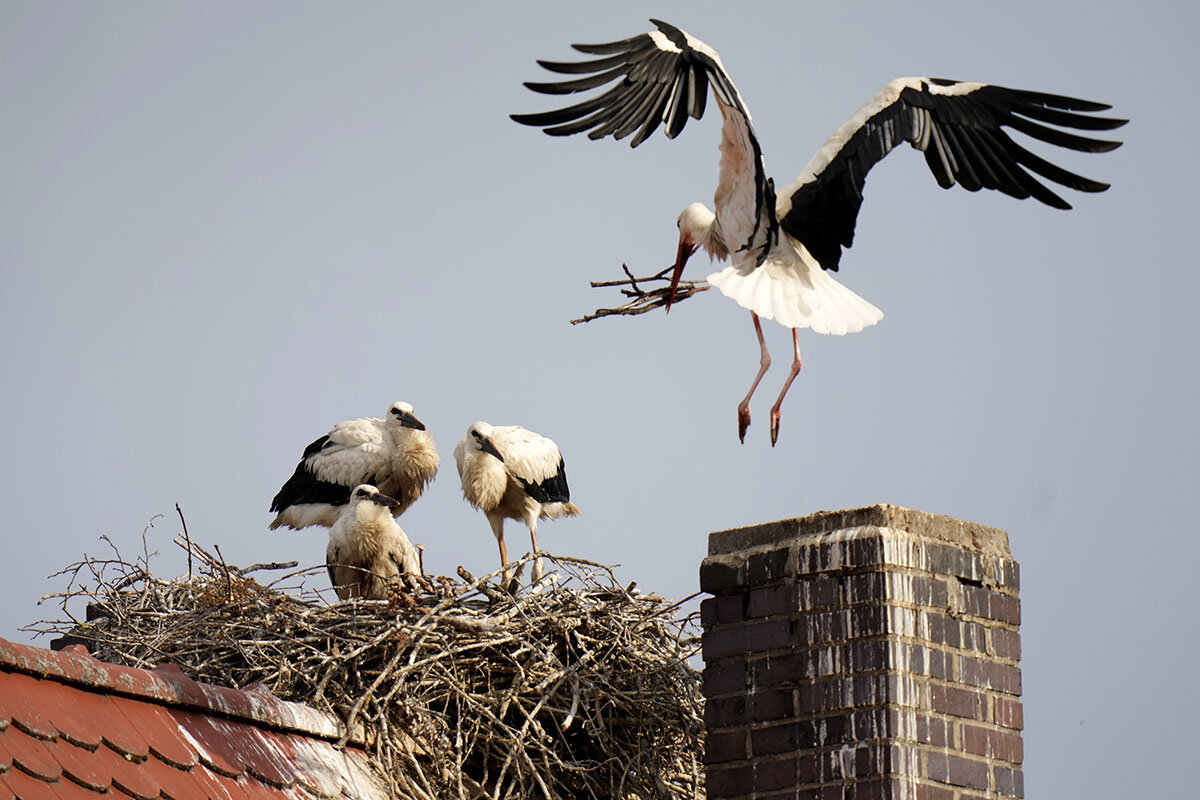As a consequence of the pandemic, a large number of children have been orphaned. Will it prompt reforms in children’s welfare that family advocates say are long overdue?
Monitor Daily Podcast
- Follow us:
- Apple Podcasts
- Spotify
- RSS Feed
- Download
 Stephen Humphries
Stephen Humphries
When David Rosmarin was just starting out as a psychologist, a number of patients asked him, “Can I talk to you about God?” His perplexed response? “Well, not really,” he says with a laugh. “I’m here to be a behavior therapist.”
But Dr. Rosmarin started wondering whether spirituality could be incorporated into mental health treatment. Last week, he published an article in Scientific American about a program he pioneered at McLean Hospital in Belmont, Massachusetts. The goal is not to guide people’s religious views, but to open the door for patients’ spiritual concerns to be discussed during treatment, if they wish.
“A lot of patients say that it’s a resource,” says Dr. Rosmarin, an Orthodox Jew. “Spirituality helps them feel a sense of solace. They feel a sense of identity, purpose, and meaning in life.”
Since 2017, more than 5,000 patients have enrolled in SPIRIT (Spiritual Psychotherapy for Inpatient, Residential, and Intensive Treatment). Clinical trials found that 90% of patients said the sessions had helped them. At a time when church attendance is falling and many Americans describe themselves as “spiritual but not religious,” SPIRIT caters to patients of all backgrounds. SPIRIT’s resources range from readings from various faiths to handouts about prayer and forgiveness.
For people who have found that religious communities aren't meeting their needs, “it speaks to an innate spiritual need,” says Dr. Rosmarin, who is also an associate professor at Harvard Medical School. “We are working at this point on how to get SPIRIT out to other hospitals and other areas. That’s the next challenge in front of me.”











